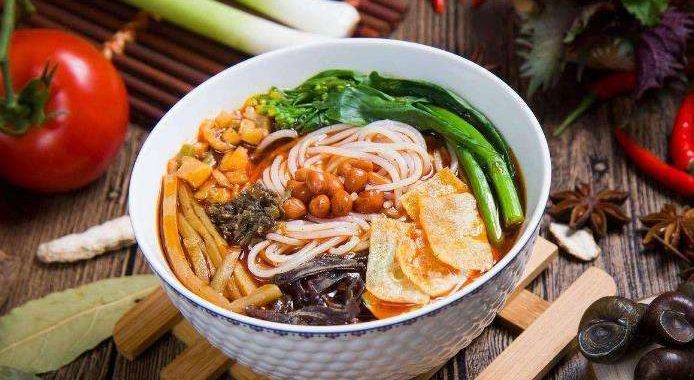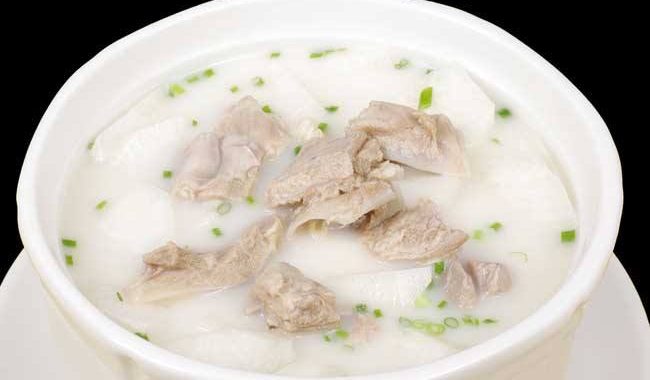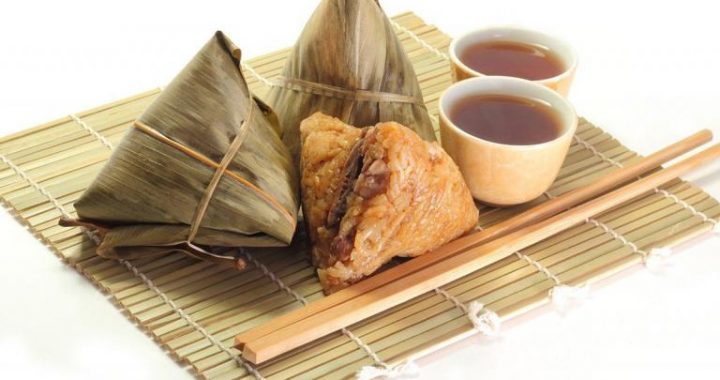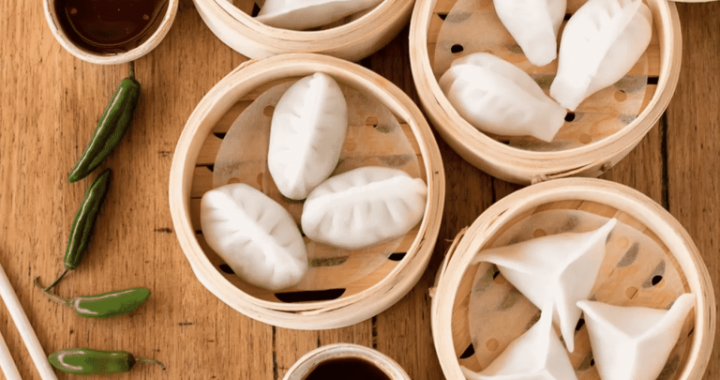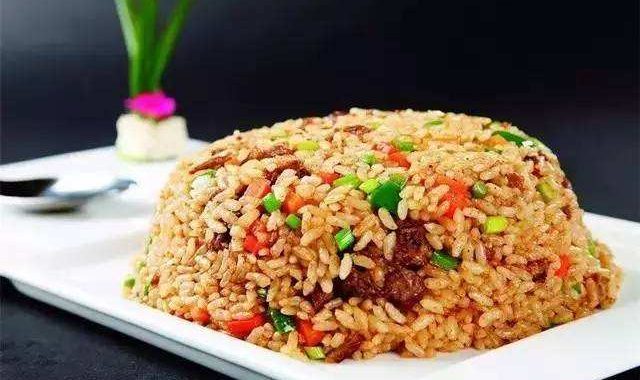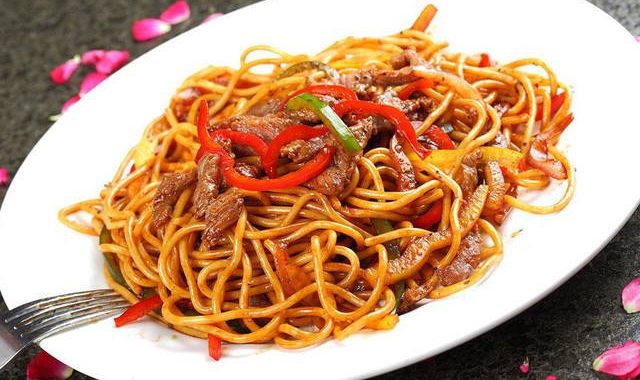Pepperand and Pepper and Salt
3 min readPepper (black and white)
Pungent (Metal), hot, Yang
Pepper has a strong warming effect on the stomach and intestines; it is therefore useful in clearing digestive and abdominal problems due to cold syndromes. Five or six corns of black pepper, ground and mixed with honey or brewed in a tea, are an aid to good digestion. Pepper should, however, be steered away from in summer or when suffering from hot- and dry-syndrome diseases. White pepper is just black pepper without the skin. It has the same warming effects as black but is slightly more irritating to the taste buds. Formedicinal purposes, white pepper is used more frequently than black. Black: Protein, 4 g; Fat, 2 g; Fiber, –; Carbohydrate, 28 g; Vitamin A, 80 IU; Vitamin B1, 0 mg; Vitamin B2, 0.2 mg; Niacin, 0 mg; Vitamin C, –; Calcium, 180 mg; Phosphorus, 80 mg; Iron, 12.2 mg White: Protein, 6 g; Fat, 2 g; Fiber, –; Carbohydrate, 34 g; Vitamin A, –; Vitamin B1, 0 mg; Vitamin B2, 0 mg; Niacin, 0 mg; Vitamin C, –; Calcium, 120 mg; Phosphorus, 80 mg; Iron, 6.8 mg

Pepper (red or cayenne)
Pungent (Metal), hot, Yang
Red pepper exerts a strong heating effect on the body, thus stimulating the heart, the spleen, the stomach, and all the digestive processes. It is believed in many countries, including China, that the consumption of cayenne pepper lowers cholesterol in the blood and therefore protects against heart disease. The consumption of red pepper is also said to soften the blood vessels, thereby alleviating arteriosclerosis and hypertension. Red pepper is useful as a disinfectant in hot climates, where bacteria thrive and can spoil fresh food in a matter of hours. Protein, 4 g; Fat, 6 g; Fiber, –; Carbohydrate, 20 g; Vitamin A, 14,000 IU; Vitamin B1, 0.2 mg; Vitamin B2, 0.4 mg; Niacin, 4 mg; Vitamin C, 20 mg; Calcium, 60 mg; Phosphorus, 100 mg; Iron, 2.8 mg

Salt
Salty (Water), cold, Yin
Salt, like sugar, has received a lot of bad press in the West: salt leads to edema; it also hardens the arteries and increases blood pressure. Its consumption has been linked to heart disease and thrombosis. Salt, however, can also serve useful therapeutic purposes. Taken in small doses, it stimulates the kidneys and facilitates the functions of the abdominal organs. It softens hardened glands and muscles. It has a cooling effect on the blood, and serves to maintain cellular health. In China, salt is commonly used as a remedy against abdominal pains. It can either be added to an equal quantity of rice wine and swallowed in one gulp, or it can be heated and pressed against the abdomen in a towel. Salt is also used as a cure for athlete’s foot and, when drunk with water, as a remedy for constipation. Drinking large quantities of salt water is a quick way toinduce vomiting in cases of food poisoning. Finally, salt is used in China as a mouthwash and oral cavity disinfectant. When no toothpaste is at hand, it is common to brush one’s teeth with salt instead. As is the case with sugar, refined salt (virtually pure sodium chloride) is less advisable than rock or sea salt. The latter contains useful “impurities” such as iodine that are beneficial to health. Refined salt contains no nutrients.

